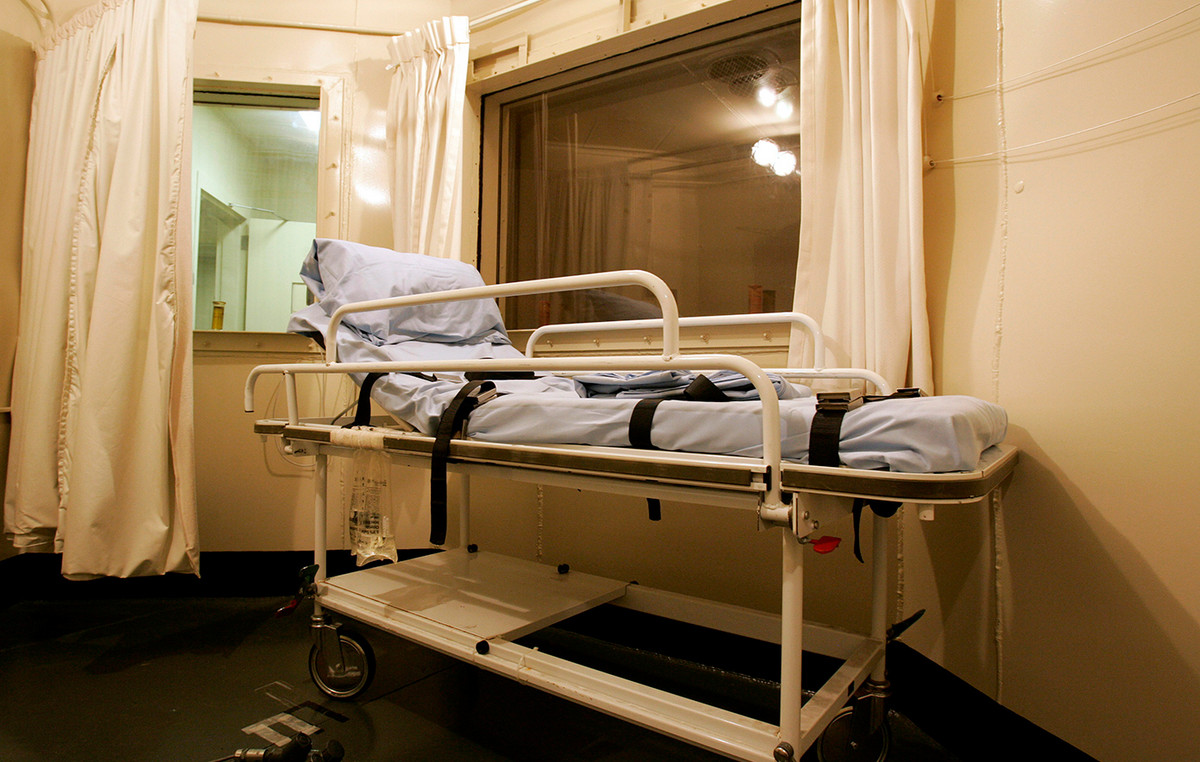While the vehicle market in general faces falling sales, the electric and hybrid car segment is gaining speed. From January to May, sales of these models grew 57.7% in Brazil.
In the same period, the total market for cars and light commercial vehicles fell 18%, compared to the same period last year. This niche now represents 2.3% of the sector’s total sales, compared to 0.4% three years ago.
Slowly but steadily, electrified models (ie, electric and hybrid) are winning over consumers who want a less polluting car or who are curious to test the new technology.
Although in absolute numbers sales are still small, 16,400 vehicles in five months, Brazil currently has 70 models available among the 100% electric ones (known by the acronym BEV); hybrids (HEV, which have combustion and electric engines, with a self-rechargeable battery); and plug-in hybrids (PHEV, which also recharge at the outlet). This number should be close to 100 by the end of the year with the arrival of new products already announced.
For Adalberto Maluf, president of the Brazilian Electric Vehicle Association (ABVE), the greatest offer has to do with consumer interest in new technologies. As a comparison, he informs that in the US there are also 70 electric and hybrid models for sale. There, the total market share was 4.5% in 2021. In Germany, where electric and plug-in hybrids already account for 26% of the market, there are 160 models for sale.
“Even without an incentive policy, Brazilians are buying electric cars; if there were incentives, as in most countries, the market would be much bigger today”, says Maluf.
Competition between companies puts more options on the market
The growth in the supply of electric and hybrid vehicles reflects the dispute between automakers not to be left behind in the race for electrification in the country. With the exception of Volkswagen, all manufacturers have some model of the type for sale, or will have until the end of the year. Among the importers, only Ford, which when it had a factory in Brazil was the first to sell a hybrid car, is now out of that niche.
In recent weeks, two Chinese automakers, Caoa Chery and Great Wall Motors, have announced the local production of flex-fuel hybrid cars, indicating that electrification is gaining strength and investments in Brazil. Until now, only the Japanese Toyota manufactured this type of vehicle in the country.
Caoa Chery also started the pre-sale of the electric subcompact iCar for R$140,000, which makes it the cheapest on the market. The car is imported from China and has a capacity for four passengers.
General Motors (GM), owner of Chevrolet, will again sell the Bolt in the country, in an updated version, and promises for 2023 the Bolt SUV, in addition to the Blazer and Equinox, all electric.
The director of Strategy at GM South America, Marcos Paiva, points out that the sale of these vehicles is growing worldwide, and electric models alone had sales of 4.9 million units in 2021, more than double the previous year.
“Policies aimed at reducing emissions and increasing fuel prices contribute to the greater global interest in electric vehicles, as well as the greater offer of models and the reduction of the price difference in relation to other cars”, says Paiva.
The largest offer of trams also serves the car rental market. Movida, the car rental company, has 600 hybrid electric models in its fleet of 191,000 vehicles. Last year, the group opened a concept store in the East Zone of São Paulo with 11 high-speed and ultra-fast chargers, which allow a complete charge in 40 minutes.
prices
In Brazil, prices for electrified vehicles range from R$140,000 for the iCar, from Caoa Chery, to R$7.4 million for the Ferrari Stradale, or even R$8.4 million for the Spider version, both plug-in hybrids. . From January to April, four units of both models were sold.
Despite the high values, the price ratio between electric and combustion cars has been decreasing. In 2019, the cheapest electric car on sale in the Brazilian market was the JAC iEV, which also cost R$140,000. The value was 4.88 times higher than the cheapest combustion model at the time, the Chery QQ, sold at R$28,700. Today, the new iCar costs 2.23 more than the Mobi, the cheapest among combustion cars (R$ 62,700).
“Electric prices are falling all over the world with the increase in production scale and the reduction in the cost of the battery”, says Adalberto Maluf, from the Brazilian Electric Vehicle Association.
Source: CNN Brasil
I’m Susan Karen, a professional writer and editor at World Stock Market. I specialize in Entertainment news, writing stories that keep readers informed on all the latest developments in the industry. With over five years of experience in creating engaging content and copywriting for various media outlets, I have grown to become an invaluable asset to any team.







